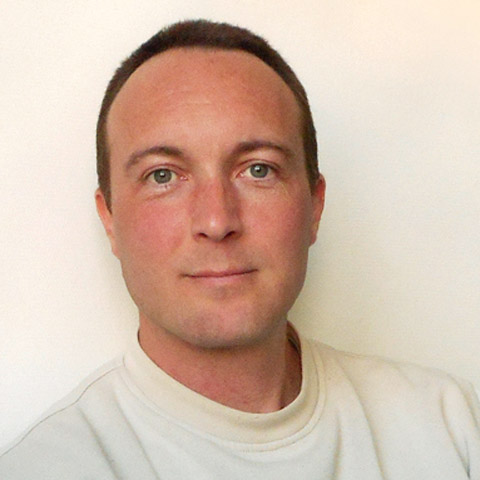Event Details

Topic description / abstract:
The dominant paradigm in origin of life research is that of an RNA world: life starting with one or more self-replicating RNA molecules. However, after more than 30 years of research efforts it still has not been shown that RNA can indeed catalyze its own template-directed replication.
What has been shown, though, is that some RNA molecules can catalyze chemical reactions between other RNA molecules. In particular, certain sets of RNA molecules can mutually catalyze each other's formation from shorter polymer fragments, and the same is true for certain sets of proteins. Such sets of mutually catalytic molecules are called "autocatalytic sets".
Informally, an autocatalytic set is a chemical reaction network in which all reactions are catalyzed by molecules from the set itself, and all molecules can be built up from a basic "food source" using only reactions from the set itself. I will present a formal framework of autocatalytic sets known as "RAF theory", its main results, and how it could be relevant to the origin of life. Furthermore, I will present some ideas about how this framework can be extended beyond chemistry and also be applied to, for example, ecosystems and the economy.
Biographical note:
Wim Hordijk is an independent and interdisciplinary scientist interested in the origin and evolution of life. After spending several formative years as a graduate fellow at the Santa Fe Institute, and earning a PhD in computer science from the University of New Mexico, USA, he has worked on many research and computing projects at different universities and research institutes all over the world. A wandering scientist by choice, he has collaborated with biologists, physicists, mathematicians, computer scientists, chemists, and even an archaeologist. He currently holds a research fellowship at the Konrad Lorenz Institute, Klosterneuburg, Austria.


